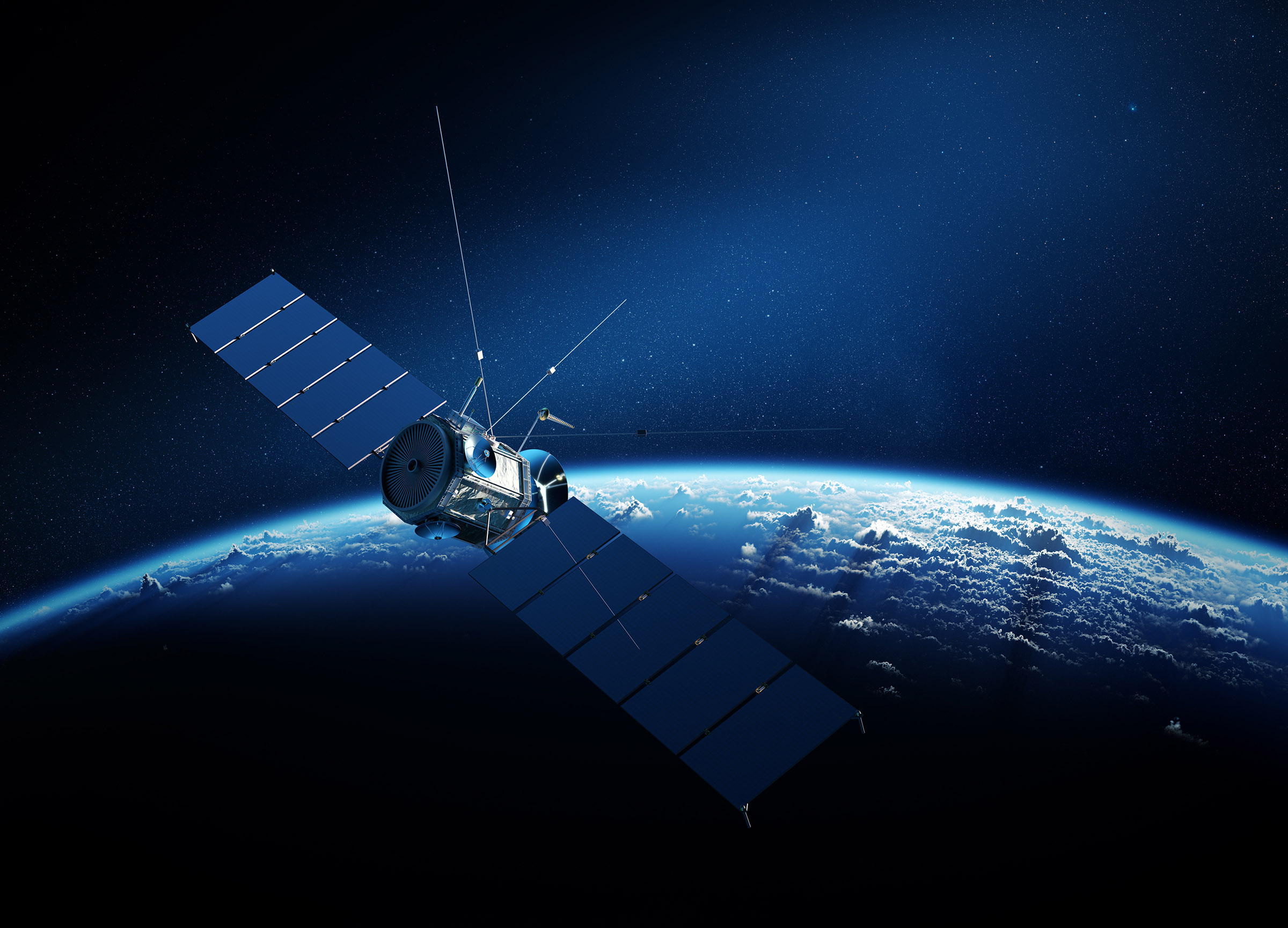Hubble is over 30 years old at this point, but the aging space telescope still has plenty of years left of service, if NASA is willing to save it. The telescope, which is no longer being serviced, is slowly falling lower and lower in orbit. As such, Hubble’s orbit has fallen so low that satellites are starting to interfere with its observations, a problem we need to remedy as soon as possible.
The slow descent back toward Earth isn’t something new for Hubble. In the past, the space telescope relied on spacecraft to come by, service it, provide upgrades, and even help shift its orbit back up to a higher orbiting track. However, Hubble’s orbit hasn’t had much help in a while, and as a result, it’s falling further than it ever has.
Normally this wouldn’t be an issue, especially if the telescope was already set to be decommissioned and no longer used. But Hubble is still actively observing our universe, and when combined with data from James Webb, the two telescopes provide an exceptional picture of the space beyond our world. But the quality of those observations is falling, and if we don’t fix Hubble’s orbit, it’s only going to get worse.

SpaceX and NASA have been talking about ways to restore Hubble back to a higher orbit, but without any form of action in the past several months, the space telescope’s orbiting track is just getting lower and lower. But the issue is bigger than just putting Hubble higher up in orbit. It’s also a huge indicator of just how overfilled Earth’s orbit is becoming with satellites, something scientists touched on in a recent paper.
That’s another problem altogether, as several ground-based telescopes are set to come online in the next several years. But, if we continue to throw mega constellations into orbit, it could make all that hardware a waste of space, as they won’t be able to observe the universe without catching photos of passing satellites.
This, again, continues to highlight the problems surrounding Earth, especially when it comes to space junk and satellite coverage. There’s also no complete guarantee that putting Hubble higher up would remove satellites passing, but it could hopefully help drastically.








